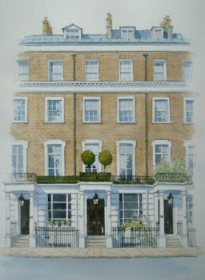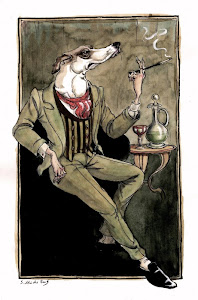 The notions of citizenship, liberty, and equality of political rights, as well as popular sovereignty, were closely interrelated. The most essential feature of citizenship was one's origin and heritage: Pericles was the 'son of Xanthippus from the deme of Cholargus'. From 451 BCE, one had to be born of an Athenian mother and father in order to become a citizen. Defined by his belonging, the citizen (polites) was opposed to the idiotes, or non-citizen—a designation that quickly took on a pejorative meaning (from the notion of the isolated individual with no belonging came the idea of the 'idiot'). Citizenship as a function thus derived from the notion of citizenship as status which was the exclusive prerogative of birth. To be a citizen meant, in the fullest sense of the word, to belong to a homeland—that is, to a homeland and a past.
The notions of citizenship, liberty, and equality of political rights, as well as popular sovereignty, were closely interrelated. The most essential feature of citizenship was one's origin and heritage: Pericles was the 'son of Xanthippus from the deme of Cholargus'. From 451 BCE, one had to be born of an Athenian mother and father in order to become a citizen. Defined by his belonging, the citizen (polites) was opposed to the idiotes, or non-citizen—a designation that quickly took on a pejorative meaning (from the notion of the isolated individual with no belonging came the idea of the 'idiot'). Citizenship as a function thus derived from the notion of citizenship as status which was the exclusive prerogative of birth. To be a citizen meant, in the fullest sense of the word, to belong to a homeland—that is, to a homeland and a past.- Alain de Benoist, The Problem of Democracy (2011)





















4 comments:
We have none of the ideals of the ancient Athenians here in California although we will soon have the economy of modern-day Greece.
Admiral, As a dual citizen I suppose I can call myself an idiot polite, is that worse, as good as or better than an idiot savant?
A.E.F. - quite the cheeky idiot you are ; )
All in all, people have to choose to honor their homeland. The ancients didn't have our current over-haul of non-sensical stimulus to compete with national pride.
Vesuvian Woman - my true home is on Mars....
Post a Comment